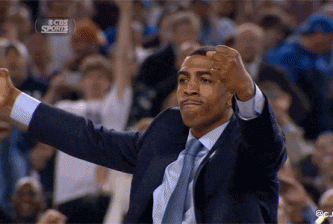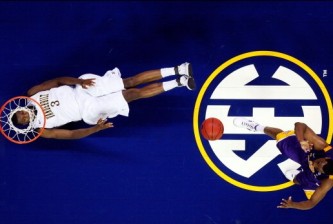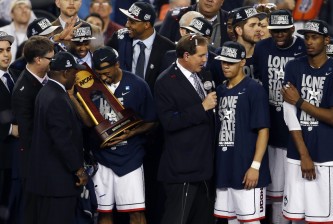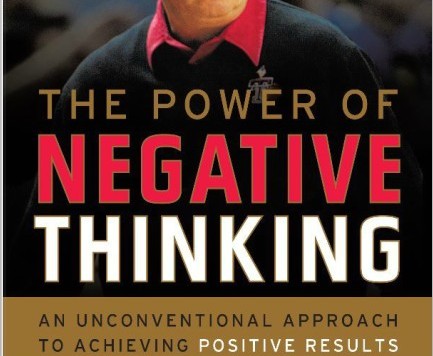Price: $25
Release date: March 5th, 2013
The good: It's Bob Knight. He's grouchy. He despises everything which isn't done by the book. He understands the game as well as any person on this planet.
He starts the book by poking fun at people's relentless optimism about themselves. 90% of us think we're in the top 50% in terms of looks, intelligence, health, humor and likability. This is what leads to so much failure in the world. We all think it's going to work out, that everything is going to be okay. But Knight approaches every situation from the opposite perspective. He sees doom. He sees losses. So the book is a lesson in how to identify the things which will lead to failure, and to have a plan to overcome them.
He's at his best when he's telling stories from his coaching days. When his Championship team lost Bobby Wilkerson – "the key man in the defense that made that team so great" – 2 minutes into the National Title game with a concussion, Knight completely ignored him at the half (he was already at the hospital). Instead he harped on each player, pointing out every little thing they could do to make the team better and overcome the first half deficit. He couldn't have his team thinking about having to play without one of their starters. Reading these stories made me wish the book would keep going.
The bad: Unfortunately, there are far too few of those stories. A lot of the book is meaningless rambles with no focus, and no real energy. It's clear he and his co-author had an article's worth of material and decided to stretch it into a book. The whole concept was described in the opening pages: be a realist.
This book has nothing to do with negative thinking (it's just a play on the more famous Power of Positive Thinking) and everything to do with honestly appraising your weaknesses. And the weakness in this book is that there isn't enough Bobby Knight being Bobby Knight.
The verdict: I assumed this book would be good for basketball junkies. But after reading it might be more appropriate for people who aren't basketball fans at all. If you're looking for X's and O's or new insights into his coaching or playing days, then this isn't your book. If you're looking for a quirky, sometimes fun, read about the psychology of not-losing, then it might be a book worth picking up.























